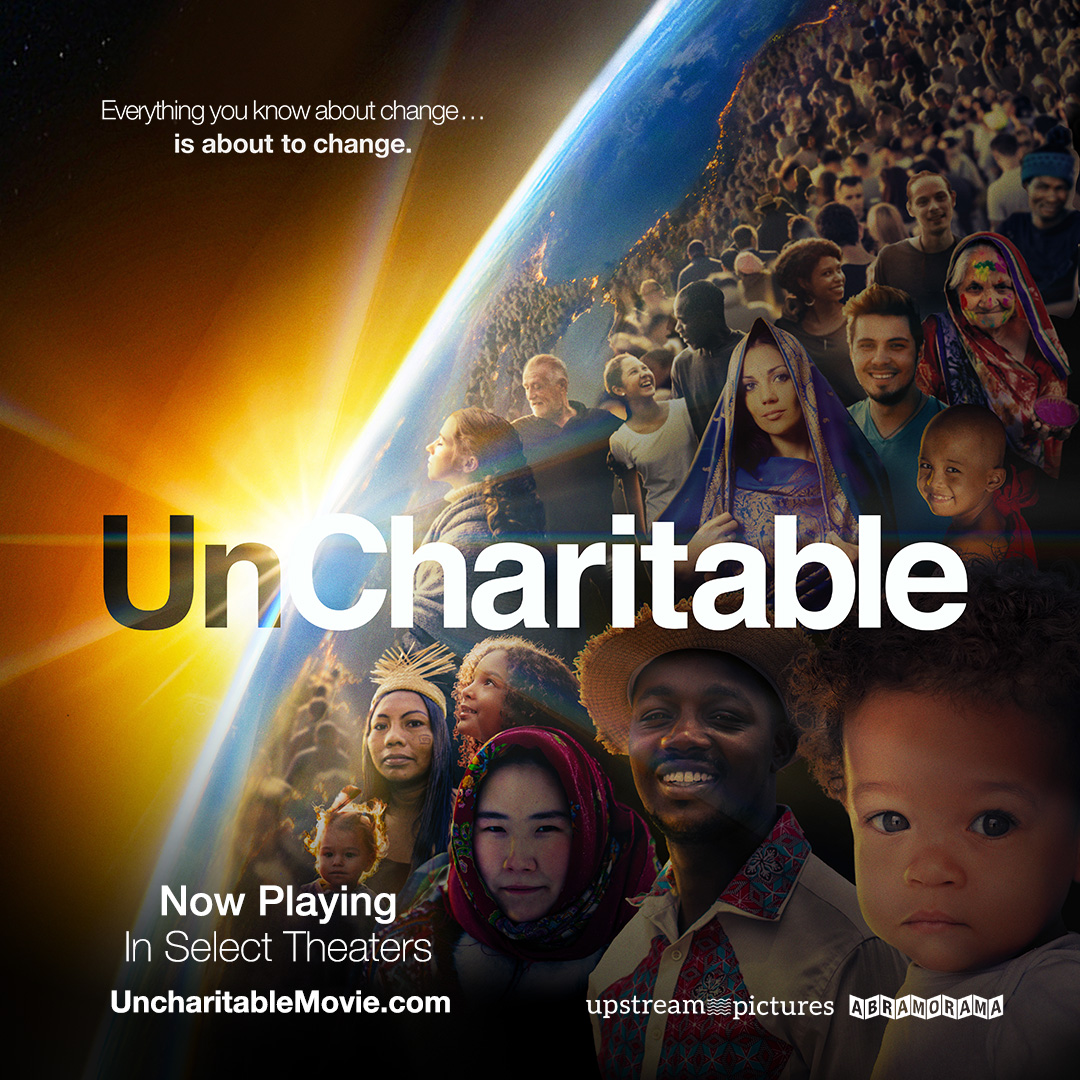Devynne Andrews, JD
Devynne Andrews is the Communications Coordinator for Get Healthy Utah.
 Recently, the Get Healthy Utah staff attended an advance screening of UnCharitable, a documentary about the double standards we tend to apply to nonprofits. The main subject of the film, Dan Pallotta, argues that the public expects nonprofits to tackle huge issues (ending hunger, helping veterans, and so forth). At the same time, though, we expect nonprofits to operate unlike any other businesses.
Recently, the Get Healthy Utah staff attended an advance screening of UnCharitable, a documentary about the double standards we tend to apply to nonprofits. The main subject of the film, Dan Pallotta, argues that the public expects nonprofits to tackle huge issues (ending hunger, helping veterans, and so forth). At the same time, though, we expect nonprofits to operate unlike any other businesses.
If a CEO tried to create the next Amazon, we would expect them to hire the best talent possible, likely at top dollar. From the beginning, a good chunk of the budget would go to marketing. And key priority would be innovation, even when risky.
Meanwhile, nonprofit workers typically have lower salaries. Donors classify marketing and fundraising as dreaded “overhead” costs. And nonprofits are expected to be innovative without risking donor funding.
The documentary shares stories from multiple innovative nonprofit leaders. A few of them are part of a sad pattern: the leader would spend money building the nonprofit’s capacity (through salaries and marketing). As a result, fundraising amounts would increase dramatically. But these leaders were then ousted because of perceptions of “wasteful spending.”
I never expected to work for a nonprofit. I attended a top tier law school, clerked for a federal judge, and joined a large law firm. That was the plan. Then, within a few months of starting at the firm, my mental and physical health started to deteriorate. Only six months in, and pregnant with my second child, I decided to quit.
After I spent some time recovering, I felt a need to use my talents and skills, but no desire to practice law again. Instead, I wanted to find somewhere that I could–as cheesy as it sounds–make a difference. Specifically, I wanted to work for an organization that tried to improve policies affecting children’s health. As an attorney, I have a deep respect for the broad impact of good laws and policies.
My search led me to Get Healthy Utah. Our mission is to improve healthy eating, active living, and mental wellbeing in Utah at the system level. We convene leaders across sectors and advocate for policies to improve community health. I joined as a part-time employee, making $15 an hour.
Meanwhile, many of my law school peers are currently making $300,000 or more. I could only leave my job because my husband has a good job, and I didn’t have school debt. Still, if you don’t consider my health, this was a pretty irrational career move. For many people, the choice is simple: why would you take an 80 percent pay cut to work for a nonprofit? Wouldn’t it be easier to just donate a good chunk of your salary, sit on a nonprofit board or two, and have financial security?
I think Pallotta is right. We should allow nonprofits to be effective businesses. Executive directors should be able spend money to improve staff, marketing, and innovation.
Otherwise, nonprofits have to rely on people’s willingness to give up money and prestige to make the world a better place. They have to compete with for-profit businesses that are not similarly restrained. Get Healthy Utah, for example, is working to counteract the efforts of, among others, the car and candy industries. How do you think our marketing or lobbying budgets compare?
Pallotta suggests that, instead of focusing on overhead ratios, we ask nonprofit workers about their big dreams, and how they would make them reality.
Here’s my dream. I dream that my kids grow up in a world where it’s easier to be healthy than unhealthy. At school, they eat a wide variety of fresh, wholesome foods. Their days are full of moving, playing, and connecting with their community. I imagine them growing old with a low risk of developing chronic disease. And I want every kid in Utah to live in that same world.
That’s why we work with leaders across sectors to develop health-promoting policies. As more people work to build a culture of health, I believe that my dream world is possible.
